
Ms. Bang Pham Ngoc Van, Director of New Zealand Education Agency in Vietnam, and representatives of New Zealand universities shared scholarship information for lecturers and students in Ho Chi Minh City.
PHOTO: NGOC LONG
Ho Chi Minh City National University recently coordinated with the New Zealand Consulate General in Ho Chi Minh City and Education New Zealand (ENZ) to organize an information session on scholarships for lecturers and students. At the event, Ms. Banh Pham Ngoc Van, Director of ENZ in Vietnam, said that the New Zealand government is currently fully funding postgraduate education for Vietnamese people through the Manaaki program, and all New Zealand universities have postgraduate scholarships for Vietnam.
Many sources of full scholarships
Regarding the Manaaki government scholarship, Ms. Van informed that this year, New Zealand increased the number of scholarships to 39, applicable to master's, doctoral and other postgraduate programs. This scholarship will open applications in February, for candidates under 40 years old with a number of priority groups of fields such as climate change, genius management, public administration, sustainable economics ... "Universities will support candidates to 'assemble' the appropriate field of study," Ms. Van shared.
Ms. Van also emphasized that New Zealand is a country that is quite open to international education policies. For example, if studying for a master's or doctorate in this country, students are allowed to bring their spouses and children along, in which the spouses will be granted a work visa and the children will be able to study for free at the high school level. The doctoral program is trained for 3-4 years, while the master's program is from 1-1.5 years.
For PhD students, applicants can enroll at any time of the year, except for January and December, which are holidays. Tuition fees at this level are not differentiated between local and international students, ranging from 6,000-9,000 NZD/year (90-136 million VND). In contrast, foreign master's students pay higher tuition fees than local students and must enroll in three main semesters: February, July and October.
Master's tuition fees in New Zealand range from 20,000-45,000 NZD/year (303-682 million VND), in which fields such as medicine or veterinary medicine have higher fees, according to ENZ's Study in New Zealand website.
In terms of work rights, PhD and research masters allow students to work full-time, while coursework masters have a maximum limit of 25 hours per week during term time and full-time during vacations. All of the above programs allow students to stay in New Zealand to work for up to 3 years after graduation.
Ms. Van added that all New Zealand universities offer master’s scholarships for Vietnamese people, with a value of up to half. At the doctoral level, full scholarships are more common.

New Zealand school representatives advise Vietnamese parents and students at an event held in 2024
PHOTO: NGOC LONG
Specifically, Auckland University of Technology informed that doctoral students can apply for a scholarship that covers all tuition fees and other mandatory fees for up to 3 years, with a stipend of 33,726 NZD/year (511 million VND) from the school, or find additional full scholarship opportunities from the faculty. At the master's level, the school has a scholarship worth 7,000 NZD (106 million VND).
For Waikato University, the full doctoral scholarship has a subsidy of 30,000 NZD/year (454 million VND) and the school has a master's scholarship of up to 15,000 NZD (227 million VND), deducted directly from the tuition fee. Victoria University of Wellington has a scholarship worth 15,000 NZD for undergraduate level and 10,000 NZD (151 million VND) for postgraduate level.
At Massey University, master's scholarships are more diverse with many types, ranging in value from 5,000-15,000 NZD (75-227 million VND), in addition to the doctoral scholarship program with a total value of 90,000 NZD (1.3 billion VND). Canterbury University has undergraduate to master's scholarships ranging from 4,000-15,000 NZD (60-227 million VND), while the full doctoral scholarship has a subsidy of 32,650 NZD/year (495 million VND).
Meanwhile, students of applied masters and some other postgraduate programs at the University of Otago can apply for a scholarship of 10,000 NZD deducted from tuition fees. If choosing to do research, masters can apply for a scholarship that reduces part of their tuition fees and a stipend of 18,204 NZD/year (276 million VND), while PhD students can apply for a tuition-free scholarship and a stipend of 33,624 NZD/year (509 million VND).
Another notable point is that two weeks ago, Immigration New Zealand (INZ) issued a new Skilled Migrant Category (SMC) policy, which will add settlement "points" to those who have a bachelor's degree or higher from a New Zealand university. This makes it "easier" for graduates to switch to a resident visa, according to INZ, by reducing the number of years of work experience.
Not to mention, the time will be reduced further if Vietnamese students choose to study majors on the Green List of labor shortages in New Zealand.
The new regulation officially takes effect from August 2026.

Ms. Tam Le, Otago University's admissions representative in Vietnam, answered questions from attendees.
PHOTO: NGOC LONG
Increased support for Project 89 candidates
Another special point emphasized by Ms. Van is that from this year, for candidates selected to study abroad under Project 89, all New Zealand universities will have their own support framework, in addition to the support from the Vietnamese Government. This move aims to realize the cooperation agreement signed by the Department of International Cooperation (Ministry of Education and Training) with representatives of the New Zealand University Council in February.
Project 89, also known as the Project to Improve the Capacity of Lecturers and Managers of Higher Education Institutions to Meet the Requirements of Comprehensive and Fundamental Reform of Education and Training in the 2019-2030 Period, was approved by the Government in 2019 to increase the number of Vietnamese lecturers receiving doctoral training abroad. The project provides full support, including tuition; living expenses, passport and visa fees; living expenses, health insurance, airfare, travel expenses and other related expenses.
According to ENZ, each New Zealand university has its own support framework based on the characteristics of the school. In particular, Auckland University of Technology provides an additional subsidy of 33,726 NZD/year and allows students to conduct research abroad for up to 12 months. Massey University supports candidates in studying, connecting with friends through its own programs, guiding them into the research community and flexible accommodation payment plans according to the progress of the scholarship.
The University of Auckland provides candidates with separate funding for research activities such as attending conferences, ranging from NZ$1,200-2,900/year (VND18-43 million), along with many training programs to improve research capacity and academic English. The University of Otago also focuses on mental health and recreation for candidates, in addition to academic training.
At Waikato University, applicants are provided with a laptop and a private workplace, along with a lot of support from academics, careers to integrating into the new environment in New Zealand. Meanwhile, Victoria University of Wellington allows applicants not to have a lecturer to guide them before submitting their application, along with many other supports in academics, health care...
Lincoln University offers scholarships for 12 weeks of English language study for applicants with only IELTS 6.0 and enables them to participate in interdisciplinary research projects in 20 centers. Canterbury University provides on-campus and off-campus research funding for applicants and allows applicants to be supervised by a number of lecturers, including a principal teacher.

New Zealand Consul General in Ho Chi Minh City delivered the opening speech at the event.
PHOTO: NGOC LONG
Promote cooperation
In his welcome speech, Mr. Scott James, Consul General of New Zealand in Ho Chi Minh City, shared that the event was not only an information session, but also a testament to the strong and growing partnership between New Zealand and Vietnam in the field of university education. Previously in May, a delegation of 8 New Zealand universities also came to Vietnam to work with a number of educational institutions to seek cooperation opportunities, including Ho Chi Minh City National University.
Source: https://thanhnien.vn/mot-nuoc-noi-tieng-anh-tang-cuong-hoc-bong-rong-duong-dinh-cu-cho-nguoi-viet-185251009182551352.htm


![[Photo] Unique Phu Gia horse hat weaving craft](https://vphoto.vietnam.vn/thumb/1200x675/vietnam/resource/IMAGE/2025/10/10/1760084018320_ndo_br_01-jpg.webp)


![[Photo] Opening of the World Cultural Festival in Hanoi](https://vphoto.vietnam.vn/thumb/1200x675/vietnam/resource/IMAGE/2025/10/10/1760113426728_ndo_br_lehoi-khaimac-jpg.webp)
![[Photo] Ho Chi Minh City is brilliant with flags and flowers on the eve of the 1st Party Congress, term 2025-2030](https://vphoto.vietnam.vn/thumb/1200x675/vietnam/resource/IMAGE/2025/10/10/1760102923219_ndo_br_thiet-ke-chua-co-ten-43-png.webp)

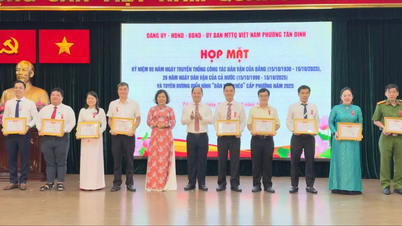

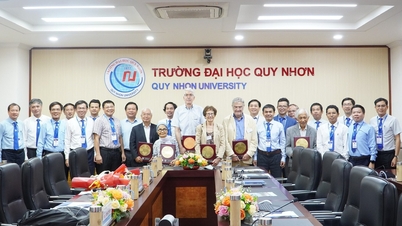





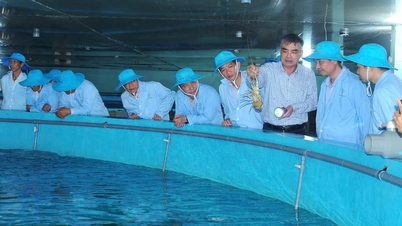

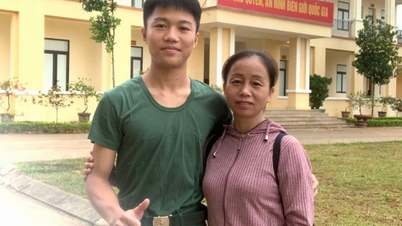


![[Video] Ho Chi Minh City: Many subjects still lack teachers](https://vphoto.vietnam.vn/thumb/402x226/vietnam/resource/IMAGE/2025/10/10/1760108638254_gv-png.webp)





























































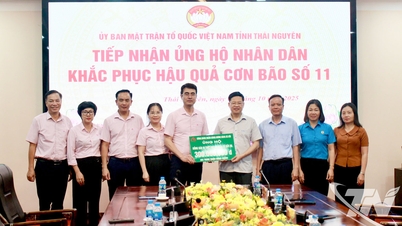




















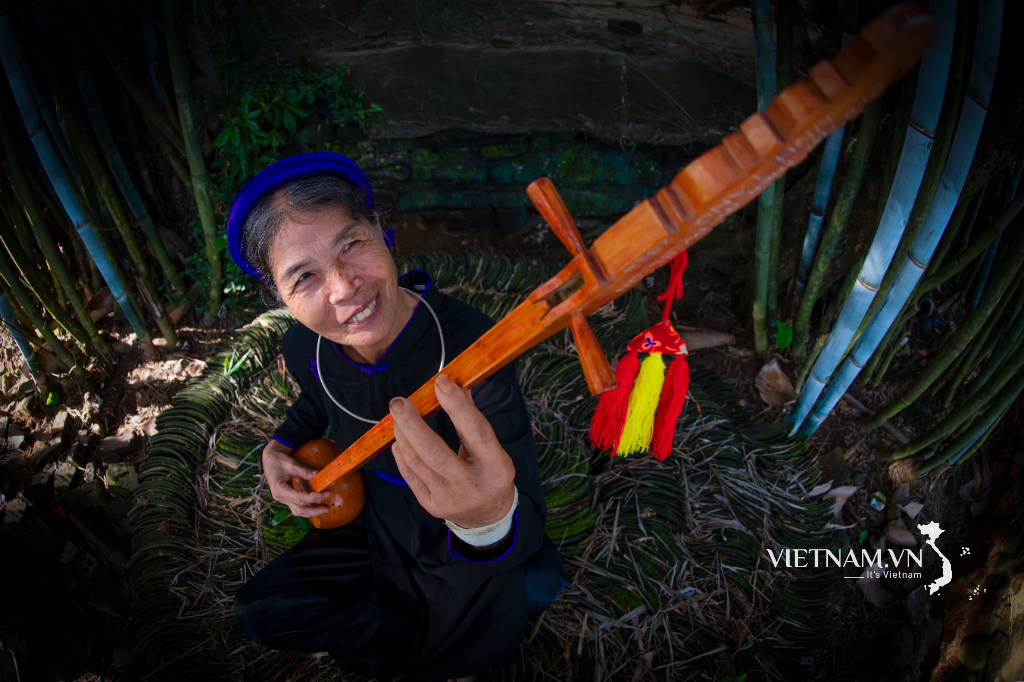
Comment (0)